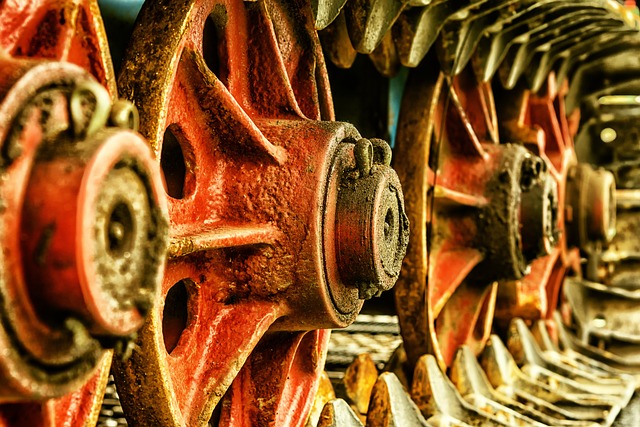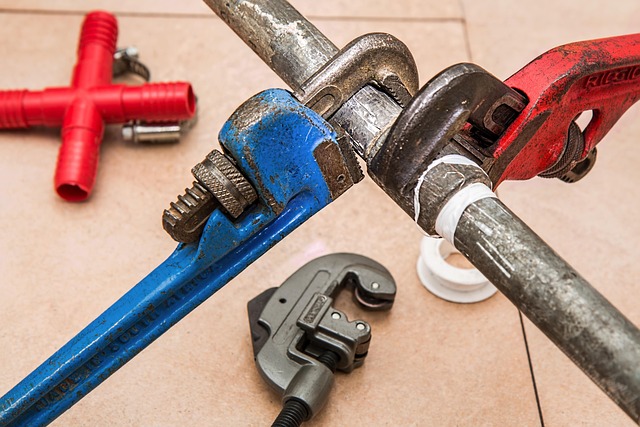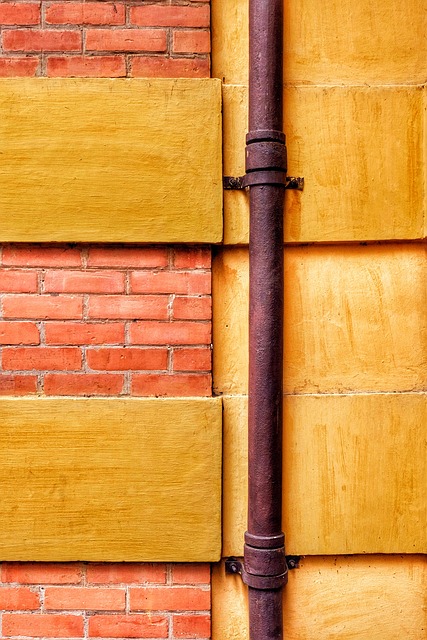Water, vital for life, can also cause pipe corrosion, a significant plumbing issue driven by chloride ions, oxygen exposure, and temperature fluctuations, leading to pitting, cracking, and structural failure. Common causes include hard water rich in minerals like calcium and magnesium, fluctuating temperatures and pressure, and excessive moisture from leaks. Preventive measures involve using water softeners, maintaining consistent water conditions, regular inspection, swift leak repair, and incorporating corrosion-resistant materials or protective coatings. Understanding these common causes is crucial for effective maintenance and selecting suitable plumbing materials to mitigate pipe corrosion.
Is your water causing more harm than good? Discover the surprising connection between water quality and pipe corrosion, a common yet often overlooked issue. This comprehensive guide explores the intricate dance between water and pipes, shedding light on how varying water conditions can accelerate corrosion. From understanding the mechanics behind rust to implementing effective mitigation strategies, we delve into the essential knowledge for homeowners and professionals alike to identify and combat the hidden dangers of pipe corrosion, addressing the common causes that can lead to costly repairs.
- Understanding Pipe Corrosion: Common Causes and Mechanisms
- The Impact of Water Quality on Pipe Corrosion
- Mitigating Corrosion: Strategies for Protecting Your Pipes
Understanding Pipe Corrosion: Common Causes and Mechanisms

Water, while essential for life, can be a double-edged sword when it comes to your home’s plumbing. The very substance that flows through pipes to quench our thirst and facilitate daily activities can also contribute to pipe corrosion over time. Understanding the common causes and mechanisms of this degradation is crucial in maintaining a healthy plumbing system.
Pipe corrosion results from various factors, primarily involving a reaction between the water’s chemical composition and the material of the pipes themselves. The most prevalent culprits are high levels of chloride ions (from saltwater intrusion or certain water treatments), oxygen exposure, and varying temperature fluctuations. These elements catalyze an electrochemical process that leads to the erosion of metal pipes’ protective coatings, eventually resulting in pitting, cracking, and even complete failure of the pipe’s structure.
The Impact of Water Quality on Pipe Corrosion

The quality of water we use can significantly influence the health and longevity of our plumbing systems. Hard water, rich in minerals like calcium and magnesium, is a common cause of pipe corrosion. These minerals can accumulate over time, forming scales inside pipes and creating weak spots that facilitate corrosion. Even areas with soft water supplies may experience pipe damage if the water contains high levels of chlorine or other chemicals used for treatment.
While rust is often the most visible sign of pipe corrosion, it’s not the only consequence. Different metals react differently to various water conditions. Copper pipes, for instance, can suffer from a process known as pitting corrosion, where localized areas of metal erosion occur, leading to leaks and structural weaknesses. Understanding these common causes of pipe corrosion is essential in implementing effective maintenance strategies and choosing suitable materials for plumbing systems.
Mitigating Corrosion: Strategies for Protecting Your Pipes

To mitigate corrosion and protect your pipes, it’s essential to understand the common causes driving this detrimental process. High water conductivity, often due to the presence of minerals like calcium and magnesium, can accelerate corrosion by providing an efficient electrical path for oxygen to reach metal surfaces. Additionally, varying water temperatures and pressure fluctuations can exacerbate the problem by creating stress points in pipes.
Implementing preventive measures is key. Using water softeners can reduce mineral content, while maintaining consistent water pressure and temperature helps minimize stress. Regular inspection and maintenance are also crucial; identifying and repairing leaks promptly prevents excessive moisture exposure. Consider using corrosion-resistant materials for new pipe installations, and encapsulate existing pipes in protective coatings or linings to create a barrier against damaging elements.
Water quality plays a significant role in pipe corrosion, with certain substances enhancing or hindering the process. Understanding the common causes of pipe corrosion, such as high pH levels, oxygen exposure, and contaminants, is crucial for prevention. By implementing effective mitigation strategies like water treatment, regular inspection, and corrosion-resistant materials, homeowners can protect their pipes from damage, ensuring a reliable plumbing system for years to come.
